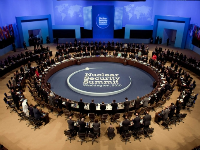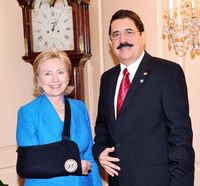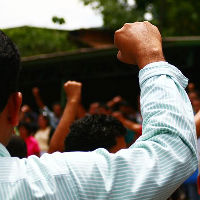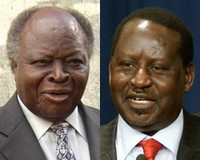
Now that the Nuclear Security Summit will become a recurring event, with the next one scheduled for 2012 in Seoul, national governments will need to integrate this new mechanism with the existing major multinational efforts designed to counter nuclear terrorism. Despite differences in membership, emphasis, and other dimensions, three prominent initiatives directly support the summit’s objective of enhancing international cooperation to prevent nuclear terrorism: the Global Partnership against the Spread of Weapons and Mass Destruction, United Nations Security Council Resolution 1540, and the Global Initiative to Combat Nuclear Terrorism. Last week’s summit documents endorsed their activities, without specifying how the […]



